Flight Emergencies - Care in the Sky
Specific Conditions
In an interesting report that looked at 8,500 medical calls by the emergency Telemedicine provider MedAire Inc., the most common calls were for the following conditions,
Drop in cabin pressure: This means a decrease in the oxygen supply that can induce earaches, shortness of breath or hyperventilation. The latter two are especially possible in passengers with cardiovascular, respiratory or blood disorders.
Cabin atmosphere: As the flight progresses, the cabin air becomes dry and irritates the mucus membranes. This environment can also lead to dehydration and cough.
Zone changes: Alteration of time zones can affect meal times. Insulin- dependent diabetics are at risk here since, a change in their meal- time could result in hypoglycemia.
Space restriction: Your seat is all the space you have in an aircraft! Sitting for long periods in a cramped position can predispose one to musculoskeletal aches, venous stasis and thrombosis.
Food served: Sometimes, food served during a flight may cause stomach-upsets or allergies. For example, a passenger allergic to peanuts may accidentally consume a peanut butter sandwich.
Minor mishaps: Scalding due to a hot cup of coffee dropping, abrasions and injuries caused by cabin baggage dropping down from an improperly secured overhead locker or due to too much turbulence are other frequent occurrences that may need medical assistance.
- Fainting or vasovagal attacks: 21.4%
- Related to Vomiting or Diarrhea or Gastrointestinal: 14.4%
- Heart or Cardiac: 12.2%
- Breathing problems or Respiratory: 11%
- Brain or Neurological: 9.7%
Drop in cabin pressure: This means a decrease in the oxygen supply that can induce earaches, shortness of breath or hyperventilation. The latter two are especially possible in passengers with cardiovascular, respiratory or blood disorders.
Cabin atmosphere: As the flight progresses, the cabin air becomes dry and irritates the mucus membranes. This environment can also lead to dehydration and cough.
Zone changes: Alteration of time zones can affect meal times. Insulin- dependent diabetics are at risk here since, a change in their meal- time could result in hypoglycemia.
Space restriction: Your seat is all the space you have in an aircraft! Sitting for long periods in a cramped position can predispose one to musculoskeletal aches, venous stasis and thrombosis.
Food served: Sometimes, food served during a flight may cause stomach-upsets or allergies. For example, a passenger allergic to peanuts may accidentally consume a peanut butter sandwich.
Minor mishaps: Scalding due to a hot cup of coffee dropping, abrasions and injuries caused by cabin baggage dropping down from an improperly secured overhead locker or due to too much turbulence are other frequent occurrences that may need medical assistance.





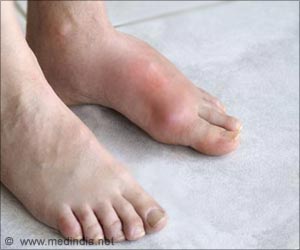
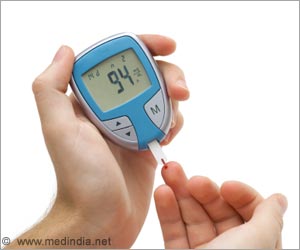

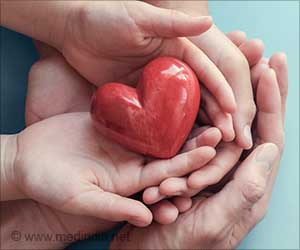
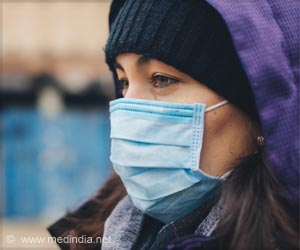
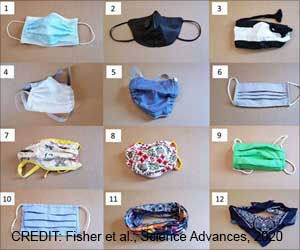







Post your Comments